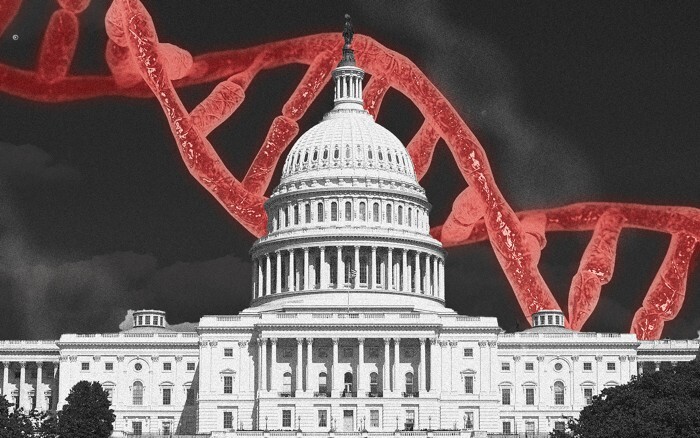Navigating the Biosecure Act: Implications for Biotechnology and Pharmaceutical Companies
September 05, 2024By Darya Lucas, J.D.

Background
The Biosecure Act, introduced in January 2024 (H.R. 7085), has garnered significant bipartisan support and is increasingly poised to become law, heightening its impact on the life sciences industry. The bill, now amended to H.R. 8333, seeks to address national security concerns. This legislation aims to restrict federal agencies from contracting with or providing loans to any U.S. company that has, or will have, commercial arrangements with “biotechnology companies of concern”1, which are involved with or linked to U.S. foreign adversaries. If enacted, the bill could force U.S. companies to stop using equipment or services sourced from these foreign vendors. However, the bill’s current version has faced criticism for being overly broad. If enacted, it will signal a major shift in the legal and regulatory landscape for biotechnology and pharmaceutical companies.
Concerns and Implications
The Biosecure Act has raised significant concern because it would force many U.S. companies to choose between their relationships with foreign biotechnology companies deemed “companies of concern” under the Act and receiving federal funding. Notably, the bill targets major Chinese biotechnology firms like BGI, MGI, Complete Genomics, and WuXi Apptec. These companies have been scrutinized for their significant biotechnology operations, their handling of sensitive human data, and their connections to the Chinese government.
As the Act progresses through Congress and its likely passage, it will impact companies with current or pending U.S. government contracts. The passage of this bill may also disproportionately impact smaller companies and start-ups, as many larger companies have the funds, leverage, and business volume to be first in line to contract with alternative vendors. Furthermore, investors and venture capital firms may begin to pay closer attention to vendor selection during investment diligence, which could impact private company funding opportunities as well. U.S. companies should prepare for potential disruptions, as the Act could affect supply chains and other services. While the current version of the Act allows for existing contracts and potential exceptions, companies need to proactively assess their exposure and plan to mitigate any operational disruptions.
Recommendations
In anticipation of the Act’s potential enactment, companies need to proactively adapt and remain vigilant by evaluating supply chains, identifying dependencies on affected entities, and developing strategies to minimize disruptions. The Act explicitly stipulates that any company under the jurisdiction, direction, or control of a foreign adversary government, or operating on its behalf, is covered by its provisions. Thus, companies can begin by performing due diligence of their vendor relationships to identify any connections to entities deemed “companies of concern” under the Act. This process involves a review of both direct partnerships and indirect connections within the supply chain and requires a thorough investigation of vendors' ownership structures, affiliations, and partnerships.
U.S. companies may also want to mitigate risk by seeking out alternative suppliers that meet the Act's national security standards. Implementing robust vendor management practices, including continuous monitoring and re-evaluation, will be vital to adapting to changes in vendor status or updates to the list of companies of concern.
The Act also includes a waiver process that allows some requirements to be bypassed if a company meets certain conditions, such as providing specific health care services abroad. Understanding this waiver process and its criteria is crucial for obtaining exemptions when applicable. Preparing and documenting compelling justifications will be essential for navigating this component of the legislation effectively. Additionally, companies should stay informed about geopolitical developments relevant to the life sciences industry and any emerging regulations or guidelines that may clarify compliance requirements.
By thoroughly vetting vendors, proactively preparing, and staying updated on regulatory changes, companies can better navigate the complexities of this new legislation, ensure compliance, and align themselves with national security priorities. As the legislative process advances and further guidance is issued, proactive planning will help U.S. biotechnology and pharmaceutical companies to mitigate compliance risks and adapt to the new regulatory environment.
Contact Us for Help
Ensure your company remains prepared, proactive, and compliant with pending legislation. Reach out to Gardner Law for expert assistance in assessing and mitigating risks by establishing and maintaining a robust vendor due diligence program.
